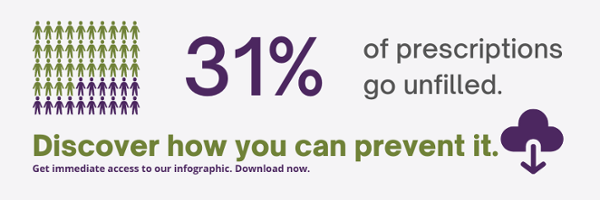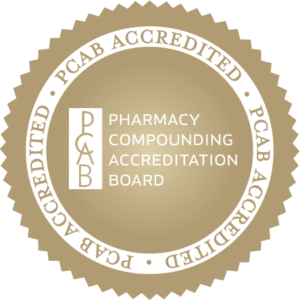Exploring Low Dose Naltrexone: Why Prescribers Choose LDN for Patients
In the quest for more effective management of chronic pain, inflammation, and autoimmune conditions, the medical community continually seeks innovative medication and alternatives to the commercially available drugs that don’t always work for everyone.
One such option gaining attention is Low Dose Naltrexone (LDN). Health Dimensions Clinical Pharmacy (HDRx), Michigan’s trusted compounding pharmacy, is at the forefront of providing custom-compounded LDN, aligning with the latest advancements and the highest standards.
Understanding Low Dose Naltrexone
Naltrexone, initially approved by the FDA in the 1980s for opioid addiction, has found a new application at lower doses. When administered in low doses, it is increasingly prescribed for its potential in managing chronic pain, autoimmune diseases, and inflammation.
It’s noted that individuals with autoimmune diseases and chronic pain often exhibit lower levels of endorphins, particularly Met-enkephalin (also known as opioid growth factor or OGF), which is vital for immune modulation. Opioid receptors, located in the nervous system, gastrointestinal tract, and on lymphocytes, interact with these endorphins. Low Dose Naltrexone (LDN) works by temporarily blocking these receptors, leading to a rebound effect that not only boosts endorphin levels, including OGF, but also increases the production of OGF receptors.
↑ Endorphins = ↓ Pain/Autoimmune/Inflammation
This mechanism is why many prescribers recommend LDN for patients, especially those with autoimmune conditions and chronic pain, as a way to naturally enhance the body’s immune response and promote better health.
The Research Behind LDN
A growing body of research from peer-reviewed medical journals suggests that LDN holds great potential in a variety of health conditions.
STUDY: Low-dose naltrexone (LDN): A promising treatment in immune-related diseases and cancer therapy
Journal: International Immunopharmacology
Takeaways:
- LDN could broadly stimulate immune cells by blocking the binding of endogenous opioids and opioid receptors.
- LDN may reduce the in vivo activity of inducible nitric oxide synthase in patients and reduce inflammation.
- LDN showed intermittent opioid receptor blockade and upregulated the expression of OGF and OGFr, inhibiting tumor progression in a cytotoxic manner by reducing DNA synthesis and angiogenesis rather than altering cell survival
“LDN can act as an immunomodulator in multiple autoimmune diseases and malignant tumors as well as alleviate the symptoms of some mental disorders. The results of increasing studies indicate that LDN exerts its immunoregulatory activity by binding to opioid receptors in or on immune cells and tumor cells. These new discoveries indicate that LDN may become a promising immunomodulatory agent in the therapy for cancer and many immune-related diseases.”
Source: International Immunopharmacology
STUDY: The use of low-dose naltrexone (LDN) as a novel anti-inflammatory treatment for chronic pain
Journal: Clinical Rheumatology
Takeaways:
It is via the non-opioid antagonist path that LDN is thought to exert its anti-inflammatory effects
LDN has been reported to reduce self-reported pain and objective markers of inflammation and disease severity
LDN yields low reported incidence of adverse side effects
These studies, among others, underscore the evolving understanding and application of LDN in addressing a variety of conditions.
Here are some common conditions for which LDN is often prescribed:
- Chronic Pain: Used to manage various types of chronic pain, including fibromyalgia and nerve-related pain.
- Autoimmune Disorders: Conditions such as multiple sclerosis, rheumatoid arthritis, and Crohn’s disease have seen an increasing interest in the use of LDN.
- Inflammatory Conditions: LDN is prescribed to help manage inflammation-related symptoms in certain medical conditions.
- Mood Disorders: Some practitioners explore the use of LDN in addressing mood disorders, including depression and anxiety.
- Dermatological Conditions: Certain skin conditions, which may have an autoimmune or inflammatory component, are sometimes addressed with LDN.
- Cancer: While not a primary medication, some healthcare providers prescribe LDN as part of an integrative approach to cancer care.
It’s important to note that, while these conditions have been associated with LDN prescriptions, each patient’s situation is unique. HDRs, as a compounding pharmacy, works in tandem with healthcare providers to ensure the suitability of LDN for individual patients, considering their medical history and current health status.
Choosing a Low Dose Naltrexone (LDN) Compounding Pharmacy
Even if a doctor was willing to prescribe naltrexone in its commercially available form for a non-label usage, imagine the difficulty of splitting a 50 mg pill into a 1/10 or 1/100 piece. That’s where working with a reputable compounding pharmacy comes into play, and HDRx pharmacists are LDN experts that practitioners and patients trust.
As Low Dose Naltrexone continues to gain recognition for its potential in chronic pain, inflammation, and autoimmune conditions, HDRx remains committed to providing Michigan’s patients and healthcare providers with high-quality, custom-compounded LDN.
HDRx stands out as Michigan’s preferred compounding pharmacy for several reasons:
- Expertise and Experience: With decades of experience in compounding medications, HDRx’s pharmacists possess the knowledge and skills necessary to compound LDN at the highest level.
- Quality Assurance: HDRx is proud to hold accreditation from the Pharmacy Compounding Accreditation Board (PCAB), a testament to its commitment to maintaining the highest quality standards in compounding.
- Collaboration with Healthcare Providers: HDRx works closely with doctors to ensure compounded LDN prescriptions are optimized for each patient’s therapeutic needs, fostering a collaborative approach to patient care.
- Patient-Centric Care: Understanding the challenges patients face, HDRx prioritizes personalized service, from consultation through to medication delivery, ensuring a seamless, supportive healthcare experience.
- Various Dosage Forms: Patients are prescribed LDN in different dosage forms to best suit their individual needs. LDN is commonly prescribed in capsules, oral liquid, sublingual drops, and topical cream depending on the prescriber’s preference.
We value innovation, quality, and patient outcomes. As the medical landscape evolves, so too must the approach to managing complex health issues. HDRx’s dedication to advancing medication therapies, evidenced by its PCAB accreditation and longstanding collaboration with healthcare professionals, positions it as a leader in compounding pharmacy services in Michigan, as well as serving/shipping to OH, IN, IL, IN, WI, MN, FL with a doctor’s prescription.
For more information on how Low Dose Naltrexone compounded by HDRx can be integrated into patient care plans, and to explore the potential benefits it may offer, contact HDRx today. Together, we can navigate the path to better health.
References:
- Li, Zijian, et al. “Low-dose naltrexone (LDN): A promising treatment in immune-related diseases and cancer therapy.” International immunopharmacology 61 (2018): 178-184.
- Younger, J., Parkitny, L. & McLain, D. The use of low-dose naltrexone (LDN) as a novel anti-inflammatory treatment for chronic pain. Clin Rheumatol 33, 451–459 (2014). https://doi.org/10.1007/s10067-014-2517-2
Call Toll-Free (800) 836-2303
Fax (844) 430-4333
Text (248) 489-1573
Email: info@hdrx.com












